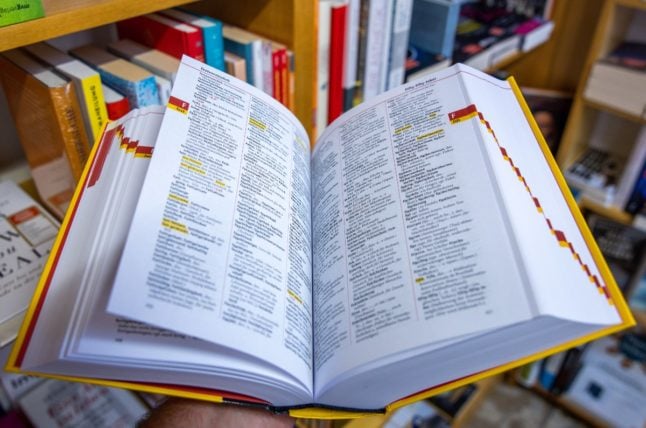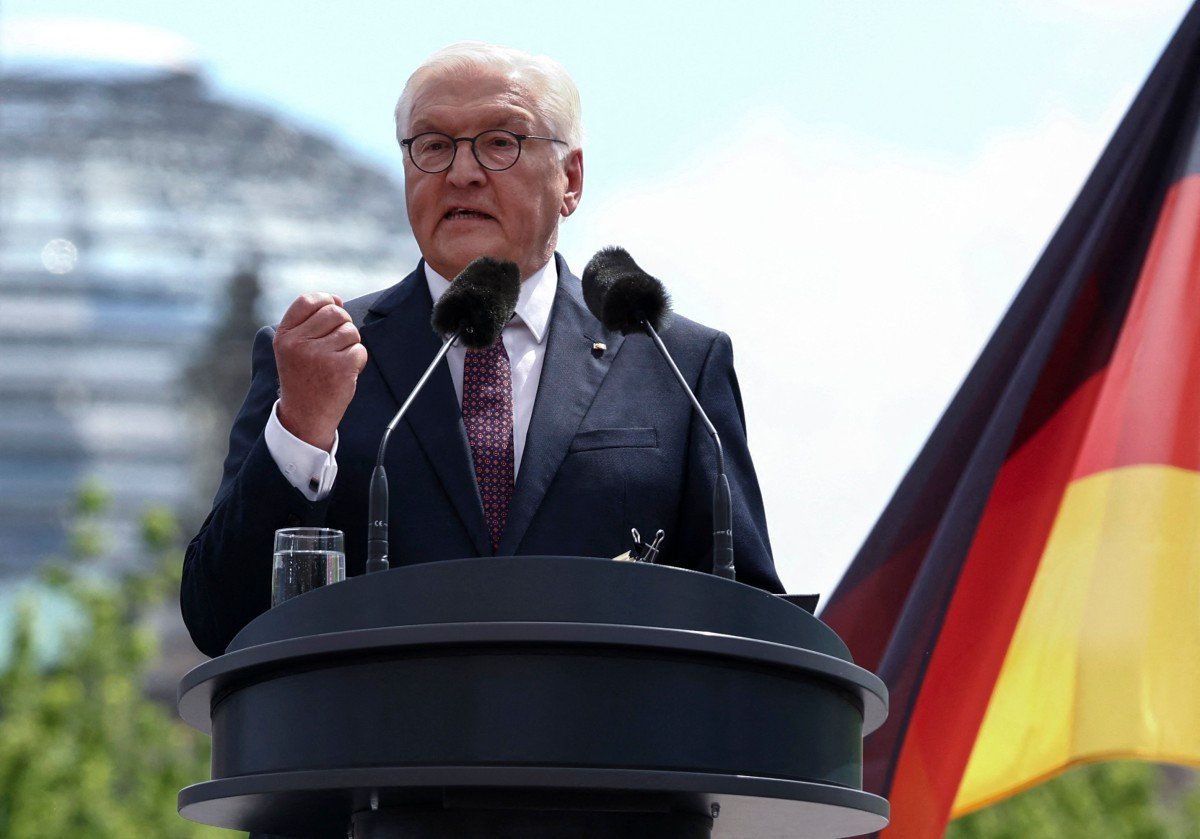Living in Germany is our weekly look at some of the news, talking points and gossip in Germany that you might not have heard about. Members can receive it directly to their inbox on Saturday.
Cannabis, citizenship and Elterngeld: German politics back kicks back into action
The German government is back after the summer recess and politics is kicking back into action. And it’s already shaping up to be a busy time. This week we covered how the government has decided on major cost-saving measures – including a controversial decision to restrict Elterngeld (parental allowance) – to higher-earning families. The coalition government – made up of the Social Democrats (SPD), Greens and Free Democrats (FDP) – says from 2024, families with a combined annual income higher than €150,000 will no longer receive Elterngeld. Previously, the limit was €300,000 (or €250,000 for single parents). Although it will save the government hundreds of millions each year, the decision has been heavily slammed, with the opposition CSU describing it as a “slap in the face for many young families”.
The path to legalising recreational cannabis has also taken a step forward, with the German government giving the green light to a draft law. The bill, which still needs to go through parliament, would allow adults to have up to 25 grams of cannabis and grow up to three plants for personal use. Enthusiasts will also be able to join “cannabis clubs” to purchase the drug.
The Local has also been keeping tabs on Germany’s ambitious plans to overhaul citizenship laws, which would lower the hurdles for foreigners applying, and make dual nationality possible. The government is getting ready to vote on a draft version of this law this month. It is expected to be passed in cabinet and the Bundestag before it goes through the Bundesrat, which represents the states. If all goes to plan, it is likely to come into force in the early months of next year.
All in all, expect a lot of changes in Germany in the coming months! Keep an eye on The Local for updates, reaction and analysis.
Tweet of the week
Do you agree? Or do you think Germany’s love affair with cash is charming?
I’ve lived in Berlin 12ish years.
I can tell you these signs have become more annoying, not less.
There’s no going native. There’s no excuse. We have a digitalization problem. There’s no use pretending this can carry on without consequence.
Where is the 21st century? pic.twitter.com/O4vZ7QbZ7h
— Aaron Gasch Burnett (@AaronGBurnett) August 17, 2023
Where is this?

Photo: DPA/Hendrik Schmidt
We’re time travelling today with this cute VW Beetle, built in 1967. The driver, from the ADAC Sachsen team, is pictured tackling the legendary Steep Wall (Steile Wand) in Meerane, Saxony in the first stage of the region’s classic vintage car rally (Oldtimer-Rallye). Around 180 cars from all over the world are taking part in the event, which is organised by the Motor Presse Stuttgart. From Zwickau, the route goes over the Ore Mountains to Dresden and East Saxony with a detour to the Czech Republic. The final will take place in Dresden on Saturday. Fun fact: A vintage car is called an Oldtimer in German!
Did you know?
You have no doubt seen or perhaps even tasted Bavaria’s famous Weißwurst (white sausage). But do you know the (alleged) history of this regional delicacy? Legend has it that this sausage was born on February 22nd – Fasching Sunday – back in 1857. A Munich butcher and innkeeper known as Sepp Moser is said to have been preparing snacks for hungry guests when he realised he’d run out of thick casings for the veal sausages.
In the emergency situation, Moser still filled the sausages but used a thinner casing. To stop them from bursting when frying, he placed the sausages in hot water to cook them. When he took the white sausages out to guests, everyone was impressed with the taste. And the Munich Weißwurst was born! These sausages are made with veal, pork, onion, parsley, bacon, salt, pepper, and lemon juice. Pair with sweet mustard, a pretzel and a Helles Bier.
Compiled by Rachel Loxton




 Please whitelist us to continue reading.
Please whitelist us to continue reading.
Much prefer cash.
You can only spend what you have.